
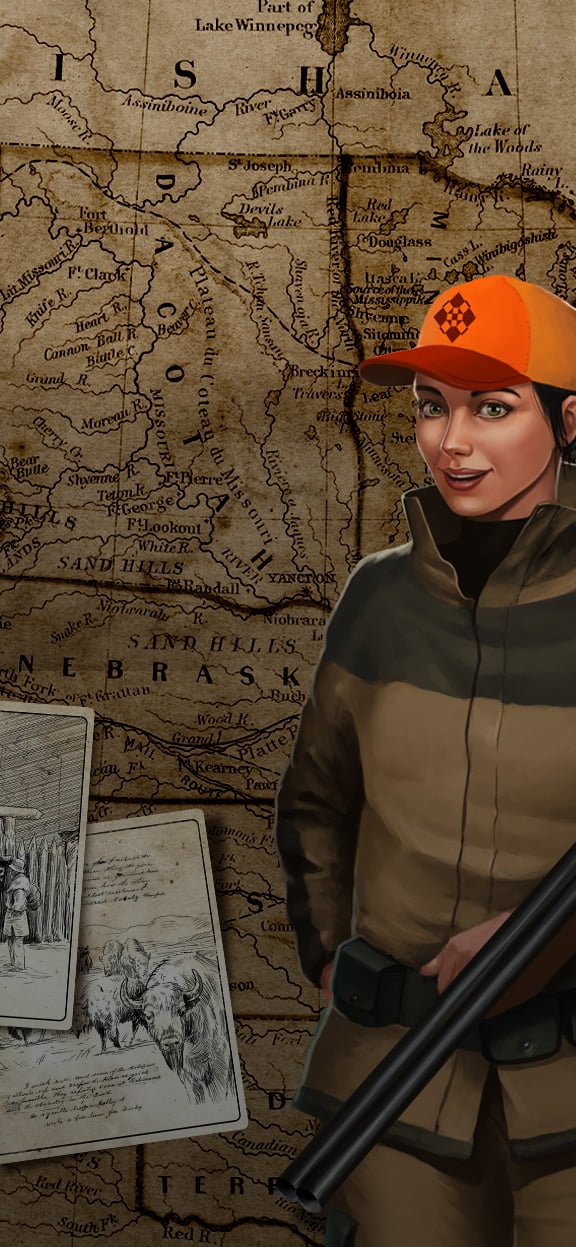


“People from the outside often think that it’s like working in a “garage”; you create some games, drink a few beers, etc., whereas games are just an engine driving the entire machinery and a wealth of technological solutions,” says Marcin Bugała, Head of Business Tools at Ten Square Games.
Marcin Bugała – Head of Business Tools, Michał Kuriata – Senior Project Manager and Rafał Szpak – Senior Backend Developer and a Linux enthusiast from Ten Square Games – talk about the diversity of roles in demand in the game dev industry.
Rafał: We welcome all experienced people, irrespective of their specialization. Programmers, graphic and game designers are crucial for game development, and their skills might prove valuable for the entire team. But we mustn’t forget that promoting a game is as important as developing it, so there’s demand for market analysts and marketing specialists as well as other roles.
Marcin: We’re always looking for developers. We like people interested in knowing the ins and outs of every solution who like to spend their free time learning and developing. The characteristic feature of mobile games is that they are developed for many years. Such projects can be delivered only in cooperation with others – game designers, artists, or QA, so we are looking for employees with a team play attitude. As we pay great attention to efficiency and optimization, we are looking for people with broad knowledge, familiarity with technologies and tools, as this allows us to tackle diverse technical and business challenges.
Michał: We welcome people with a broad set of skills because we believe they bring new solutions, knowledge, and a fresh perspective. Our industry is very creative, and we embrace opposite views, as we believe this can only be beneficial.
Michał: The independence of our product teams. Every team takes full charge of what they deliver. They’re multidisciplinary teams consisting of frontend developers, backend developers, QA, game designers, 2D and 3D graphic designers, product managers, product owners, etc.
We try to maintain a flat structure, make quick decisions and just do our job. We implement agile methodologies, and our project managers support teams and product managers in their independence.
Our decision-making process isn’t very complex, so implementing a new idea is usually a matter of a few days/weeks. We plan our workflow very carefully, though, and we carry out new ideas if we believe they’re worth it.
Marcin: We own products that we create. As a result, we have a different approach to deadlines – we don’t provide our services to business clients; therefore, we’re not obliged to deliver orders on a specified date. This means we can improve our project if we believe we should work on it for a bit longer.
What’s extraordinary about TSG is our company culture – more or less every six months we all meet on our remote company “couch talk” to discuss recent events, our plans, and new projects. This way, we all believe that every decision is made in cooperation, and we all influence the business strategy.
What’s more, Ten Square Games is at a unique stage in terms of development and technologies. We define our processes, determine goals for the future. There’s plenty of leeway for new solutions, and we encourage our employees to get involved. Every creative person who hasn’t had an opportunity to bring their smart ideas to fruition should check our job offers.
Marcin: If you’re applying for a junior position, look for companies offering effective onboarding and the ability to learn from experienced colleagues. Ask yourself the following. Does the atmosphere of the place promote development? Does the company allow knowledge to be shared internally? Are you going to work on one project for many years to come, or is it going to be a different project every month/quarter?
The more diversified your tasks and responsibilities are, the more you will learn because you’ll face new challenges. And a challenging working environment is the best for experienced candidates who are seeking to develop their skills.
The last important factor is the company’s position in the market. It might seem obvious, but its significance mustn’t be underestimated, as it’s much easier to work in a stable environment.
Rafał: The company’s website, social media profiles, or marketing campaigns might be a good source of information. Following the technological path, you can gather sufficient information to estimate the company’s technological advancement or programming processes.
Irrespective of the company’s profile, a job interview is critical. We tend to think that the primary purpose is to verify a candidate, but I firmly believe it’s an excellent opportunity for both parties to verify each other. Recruiters love to answer questions from candidates, so don’t hesitate to ask them!
Marcin: I think technology is just a tool, and you can learn how to use it. All you need is an open mind and a willingness to learn new things.
Rafał: If a programmer has been developing the broadly understood backend in the client-server architecture and wants to join gamedev, it’s hardly retraining. From the technical point of view, the scope of responsibilities is the same. What changes are the domain and the programming language.
Marcin: People from the outside often think that it’s like working in a “garage”; you create some games, drink a few beers, etc., whereas games are just an engine driving the entire machinery and a wealth of technological solutions. Python developers can fulfill themselves when it comes to machine learning. We have implemented some state of the art solutions of this kind. We employ many BI developers because we analyze large quantities of data in order to decide what the players like and dislike. There is plenty of jobs in the gamedev industry, and one shouldn’t be limited to a stereotype.
Michał: By many, the industry is perceived as a place hostile to people from the outside. I think this is a misunderstanding. If someone’s good in their field, willing to learn, develop and deliver the best solutions, gamedev is a perfect place for them.
Rafał: The first thing that springs to mind is the so-called “crunching” (long overtime shifts). I know that stereotypes exist for a reason, but I wouldn’t consider them true because they’re not a rule. Another factor discouraging people from applying for positions in gamedev is the uncertainty of one’s skills or ability to rise to the challenge. In my opinion, any specialist in their field wouldn’t face major obstacles. All you need to do is try.
The article was originally published on pocketgamer.biz portal on 21st of April 2021.
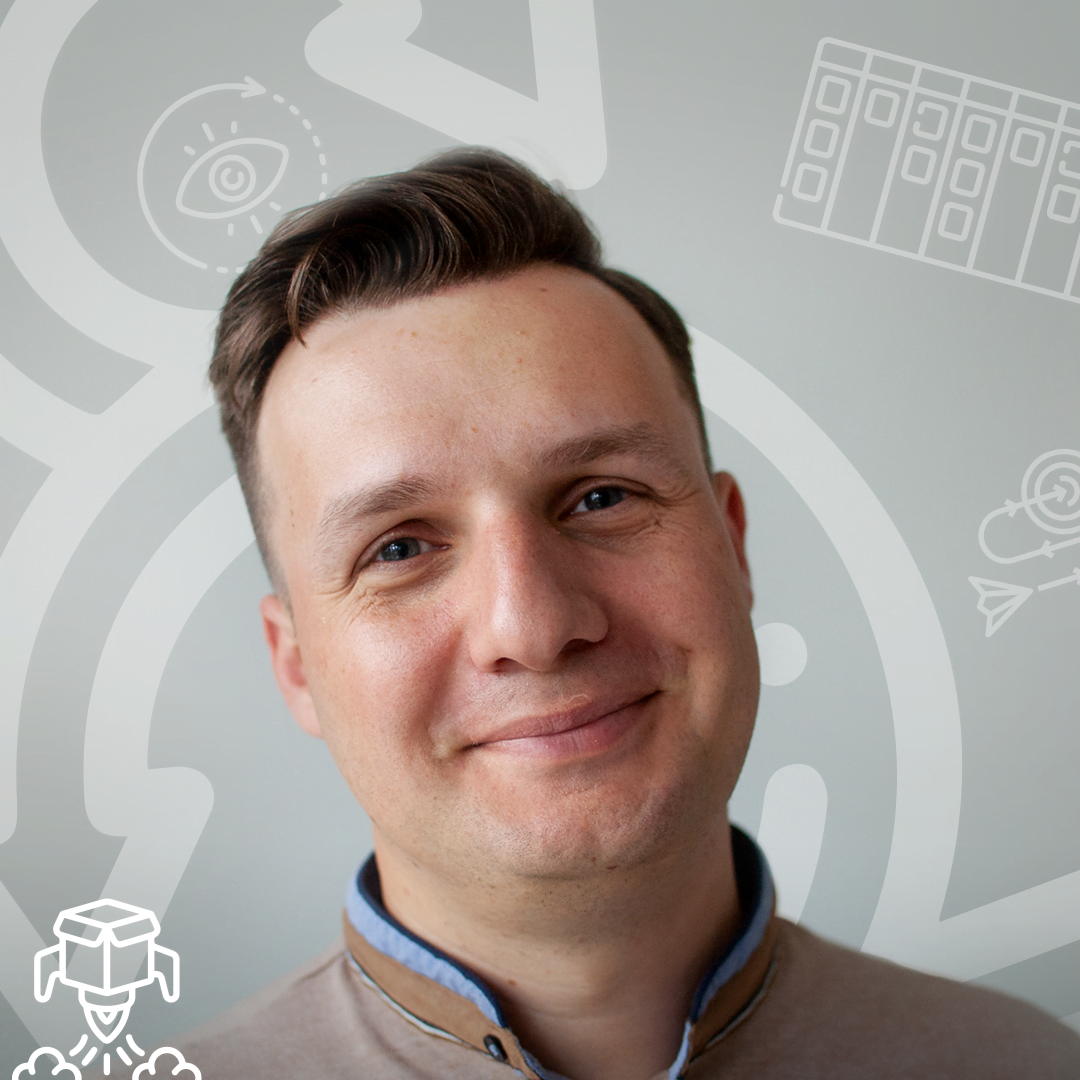
As an Agile Coach, I am on a mission to make the company more agile…
read more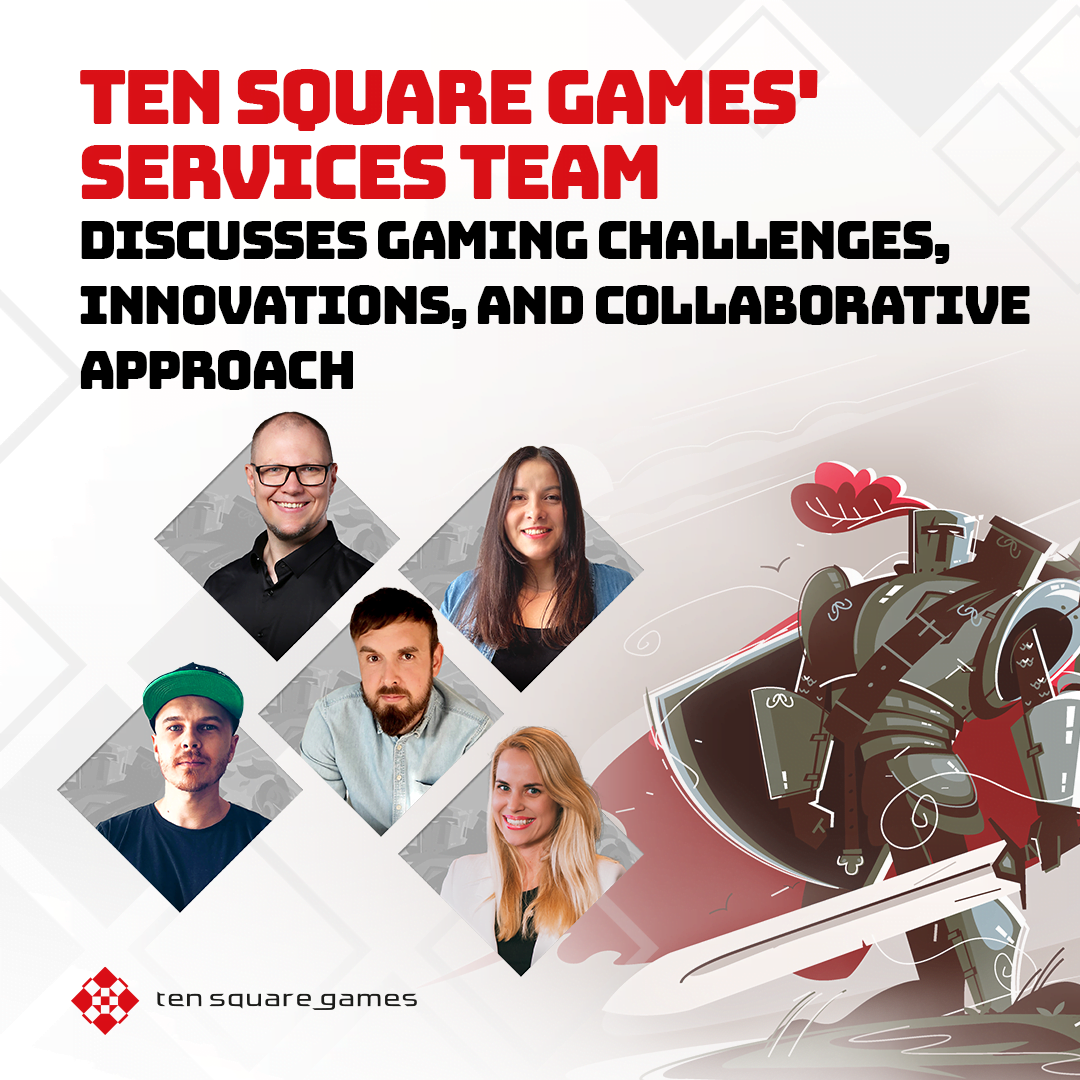
In a fascinating interview, representatives from Ten Square Games' Services team shed light on the…
read more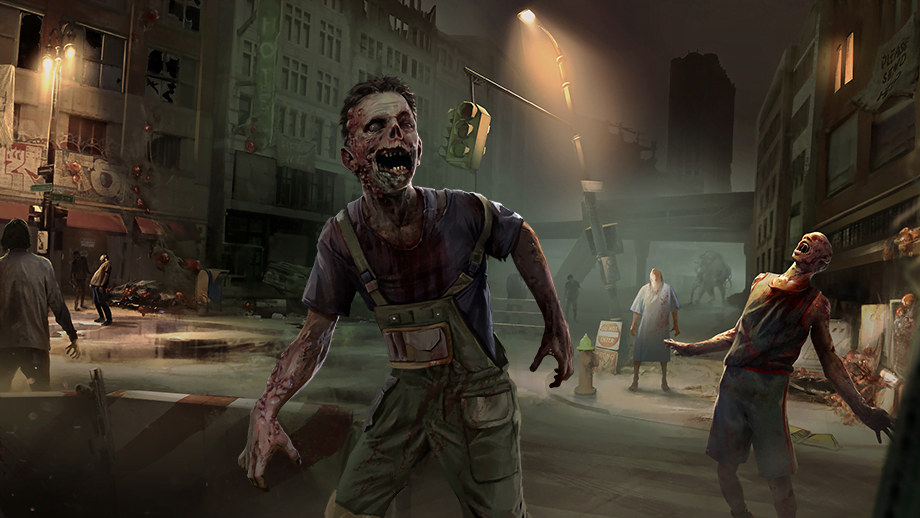
We have great news – we are working on a new title – Undead Clash.…
read more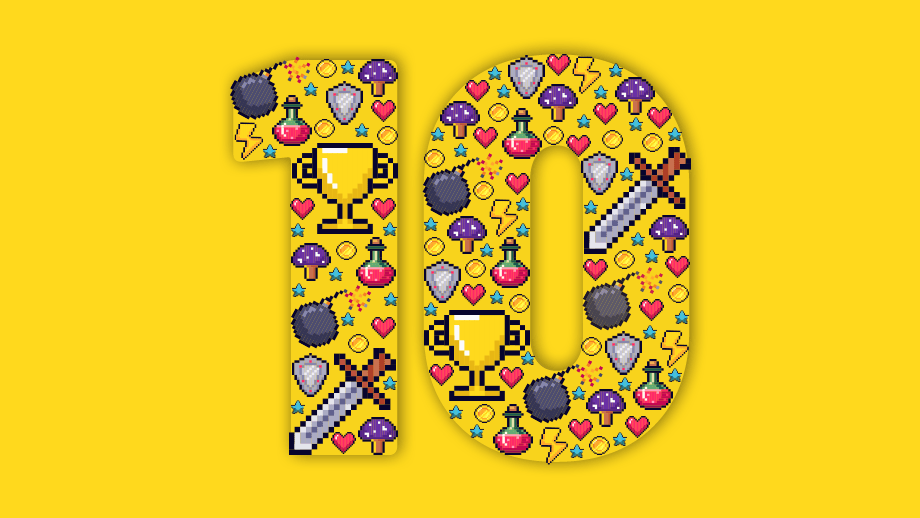
Often mockingly referred to as “toilet games,” they are thought of as nothing more than…
read more